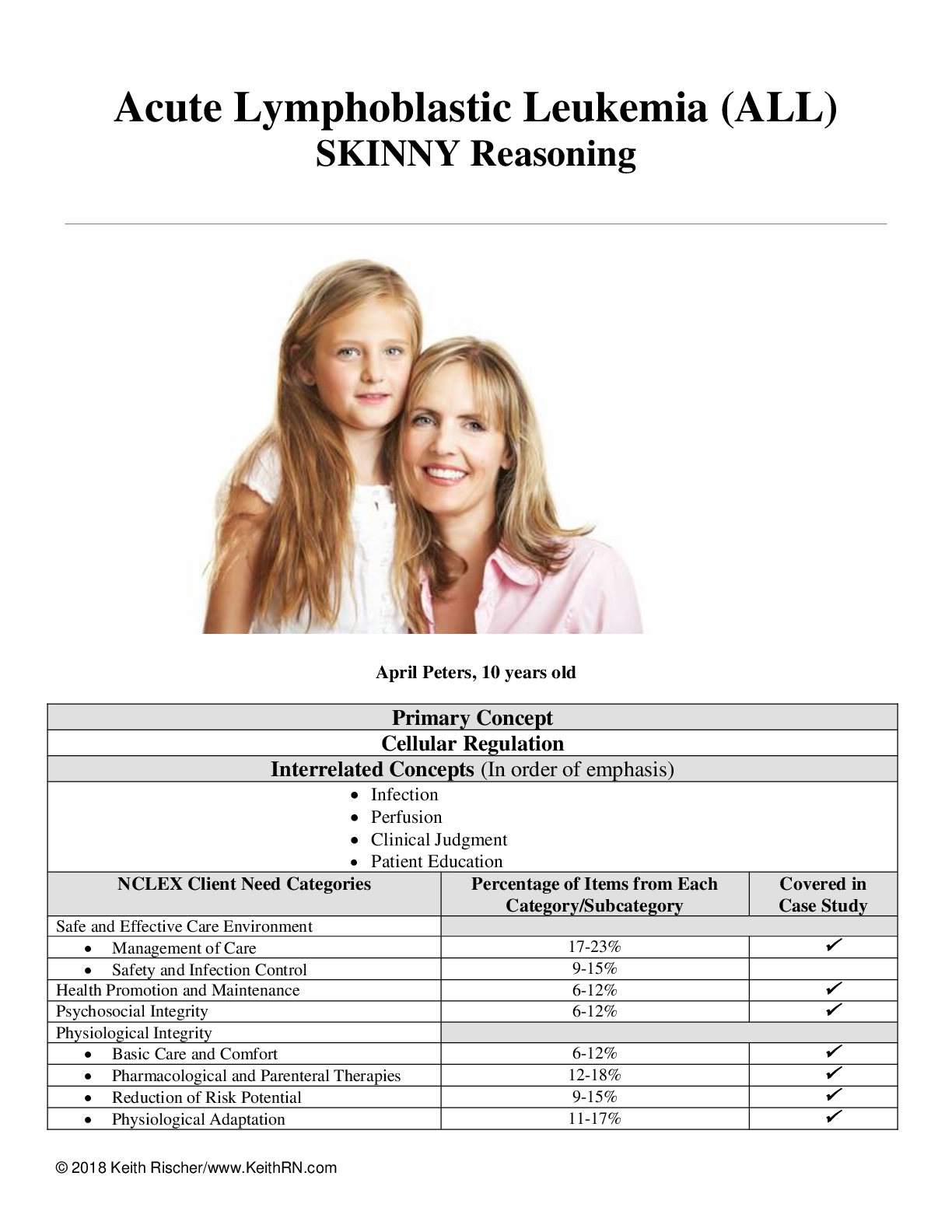*NURSING > CASE STUDY > Acute Lymphoblastic Leukemia (ALL) April Peters, 10 years old - NURSING NUR1211C keith RN ALL (All)
Acute Lymphoblastic Leukemia (ALL) April Peters, 10 years old - NURSING NUR1211C keith RN ALL
Document Content and Description Below
Acute Lymphoblastic Leukemia (ALL) April Peters, 10 years old Primary Concept Cellular Regulation Interrelated Concepts (In order of emphasis) 1. Infection 2. Perfusion 3. Clinical Judgment 4. Thermor... egulatio RAPID Reasoning: STUDENT Acute Lymphoblastic Leukemia History of Present Problem: April Peters is a 10-year-old female with acute lymphoblastic leukemia (ALL) who presents to the emergency department with a temperature of 38.4 degrees C. (101.2 F.) and a complaint of a sore throat. She has been receiving chemotherapy since her diagnosis three months ago. April’s mother reports that her fever has been unresponsive to acetaminophen and she is two days out from her most recent chemotherapy treatment. No reports of nausea, vomiting, or diarrhea noted. A CBC is drawn immediately from April’s central venous access device (CVAD) and April is admitted directly to the pediatric oncology unit where you are the nurse responsible for her care. She weighs 57 lbs. (25.9 kg), is 51.5 inches (128.8 cm.) and has NKDA. Personal/Social History: April lives at home with her mother Cindy, her father Tom, and her 6-year-old sister Maggie. Tom works full-time as an engineer while Cindy stays home with the children because of April’s diagnosis and resulting hospitalizations and treatment. April has missed quite a few days of school. Although her school system has provided April with a tutor to keep up with her studies, April does not return telephone calls from her friends and refuses their visits. Past Medical History (PMH): • Cindy’s pregnancy was uneventful and April was born via an uncomplicated vaginal delivery at 40 weeks and weighed 7 lbs., 1oz. (3.2 kg.) • Tonsillectomy at 3 years old under general anesthesia. • ALL diagnosis 3 month ago following a short history of headaches and pallor. April’s WBC count at diagnosis was 469,000 FYI: Hyperleukocytosis is defined as a peripheral white blood cell count greater than 100,000/mm3 and is a pediatric oncologic emergency. These white blood cells are immature blast cells not normal cells. Hyperleukocytosis can progress to capillary obstruction, microinfarction, and organ dysfunction, which can lead to respiratory distress and cyanosis. Children may also experience changes in neurologic function, including an altered level of consciousness, visual disturbances, confusion, and ataxia [Show More]
Last updated: 1 year ago
Preview 1 out of 8 pages
Instant download
 April Peters, 10 years old : Keiser University - NURSING NUR1211C keith RN ALL.png)
Buy this document to get the full access instantly
Instant Download Access after purchase
Add to cartInstant download
Reviews( 0 )
Document information
Connected school, study & course
About the document
Uploaded On
Mar 30, 2021
Number of pages
8
Written in
Additional information
This document has been written for:
Uploaded
Mar 30, 2021
Downloads
0
Views
31

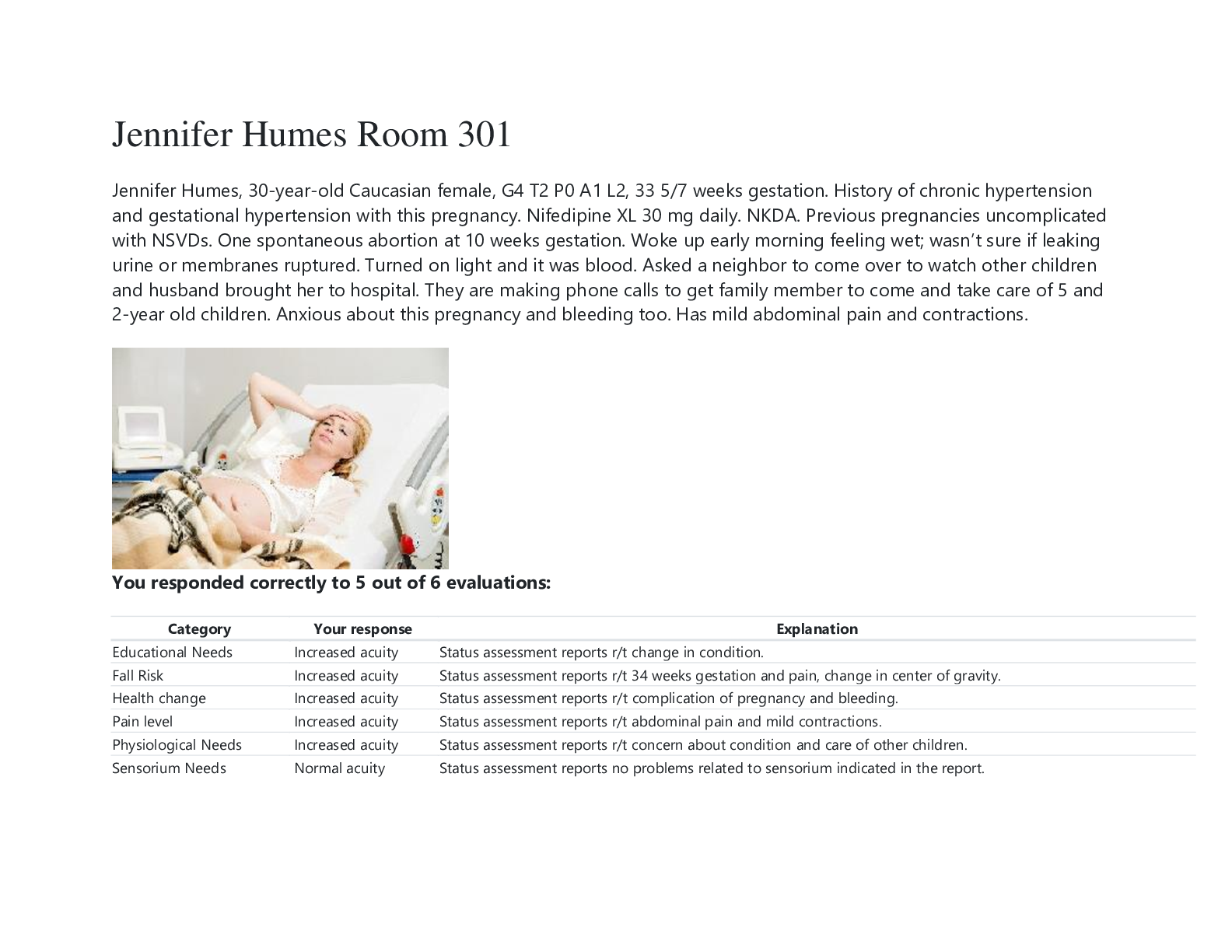
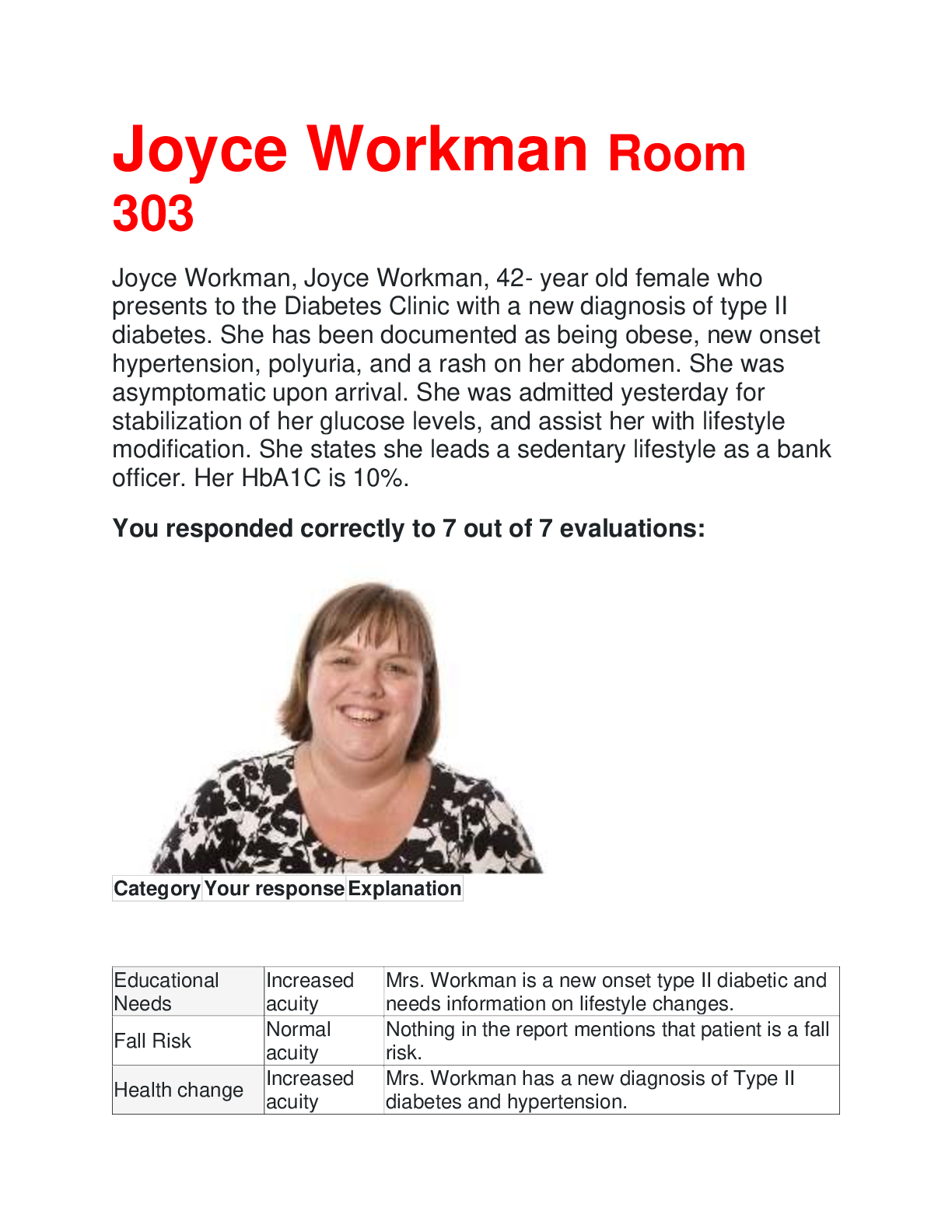

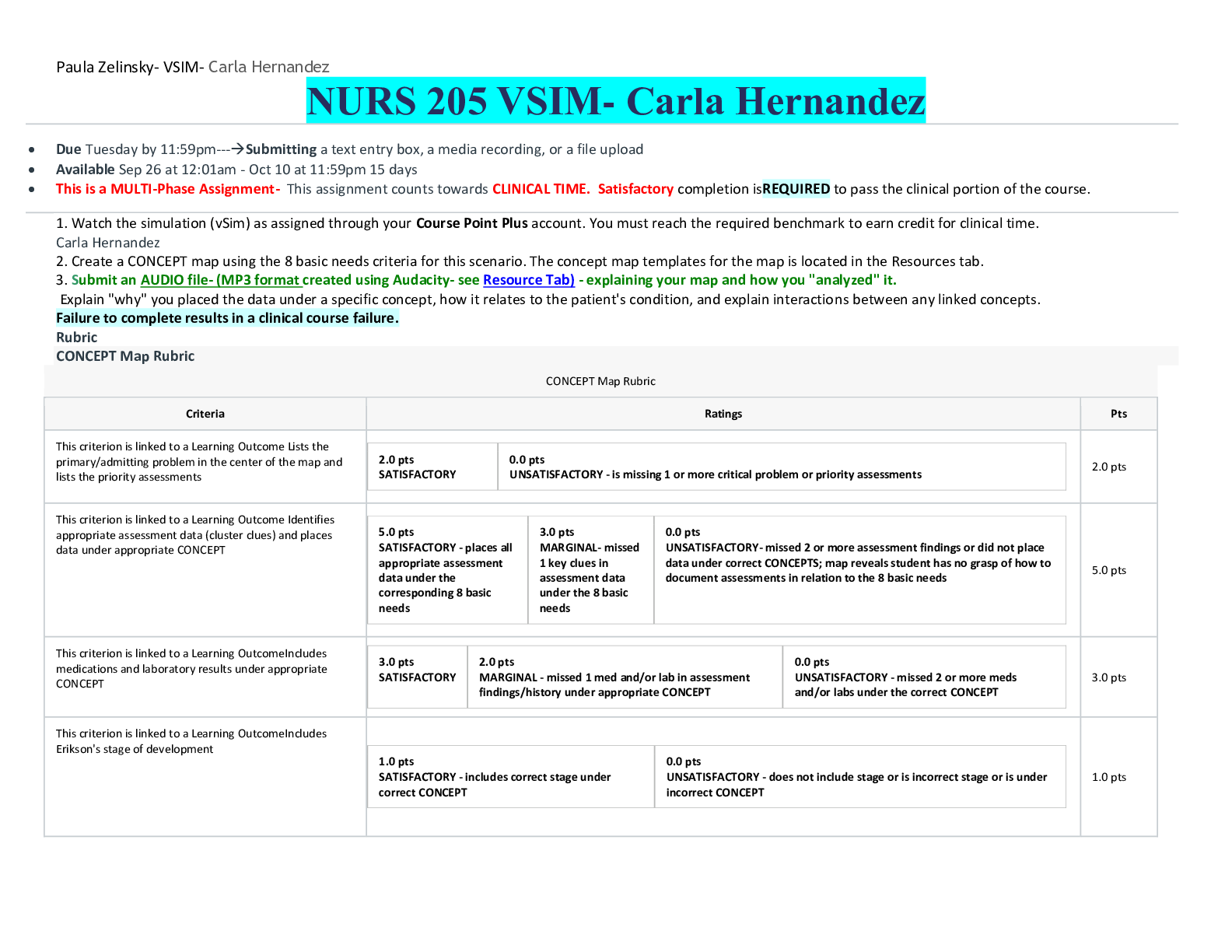
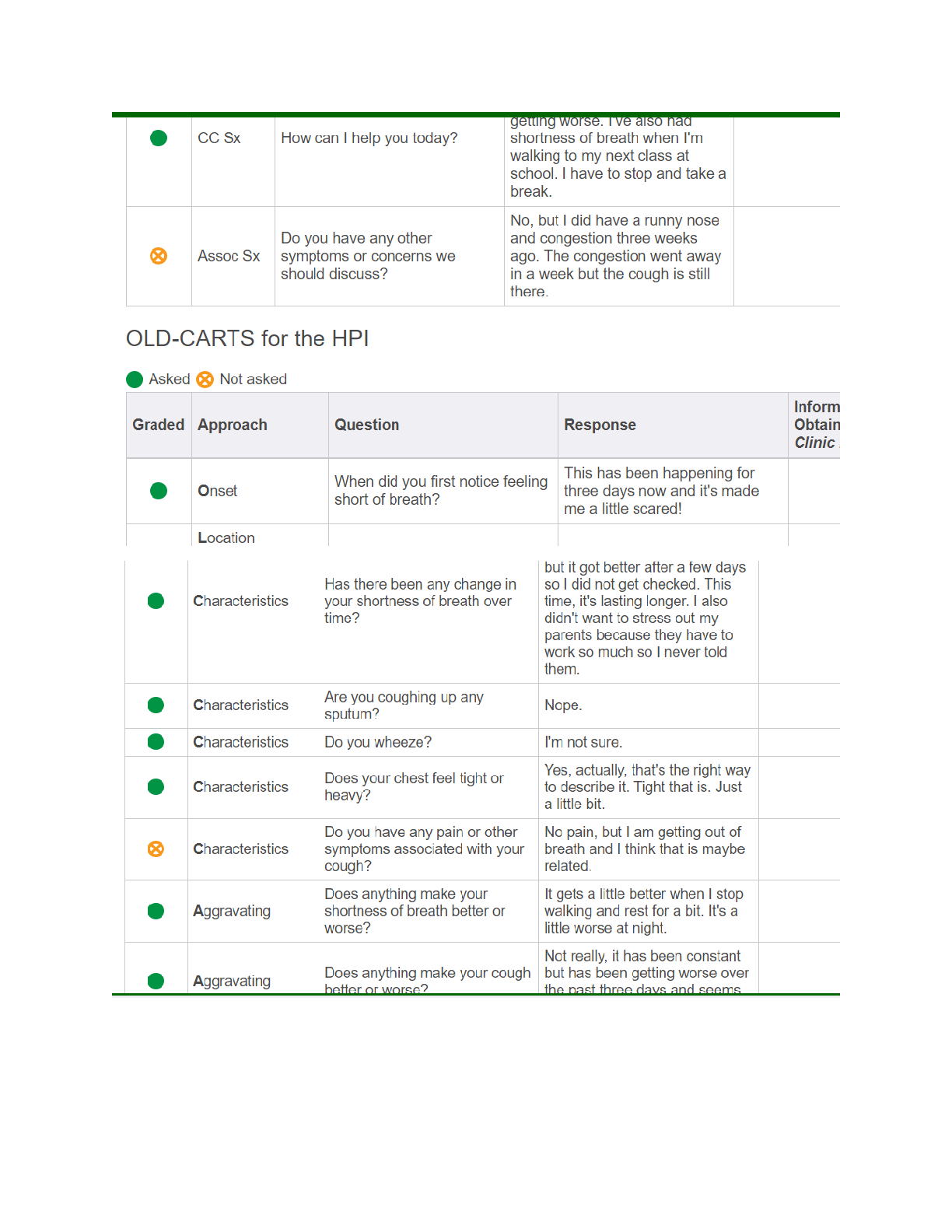
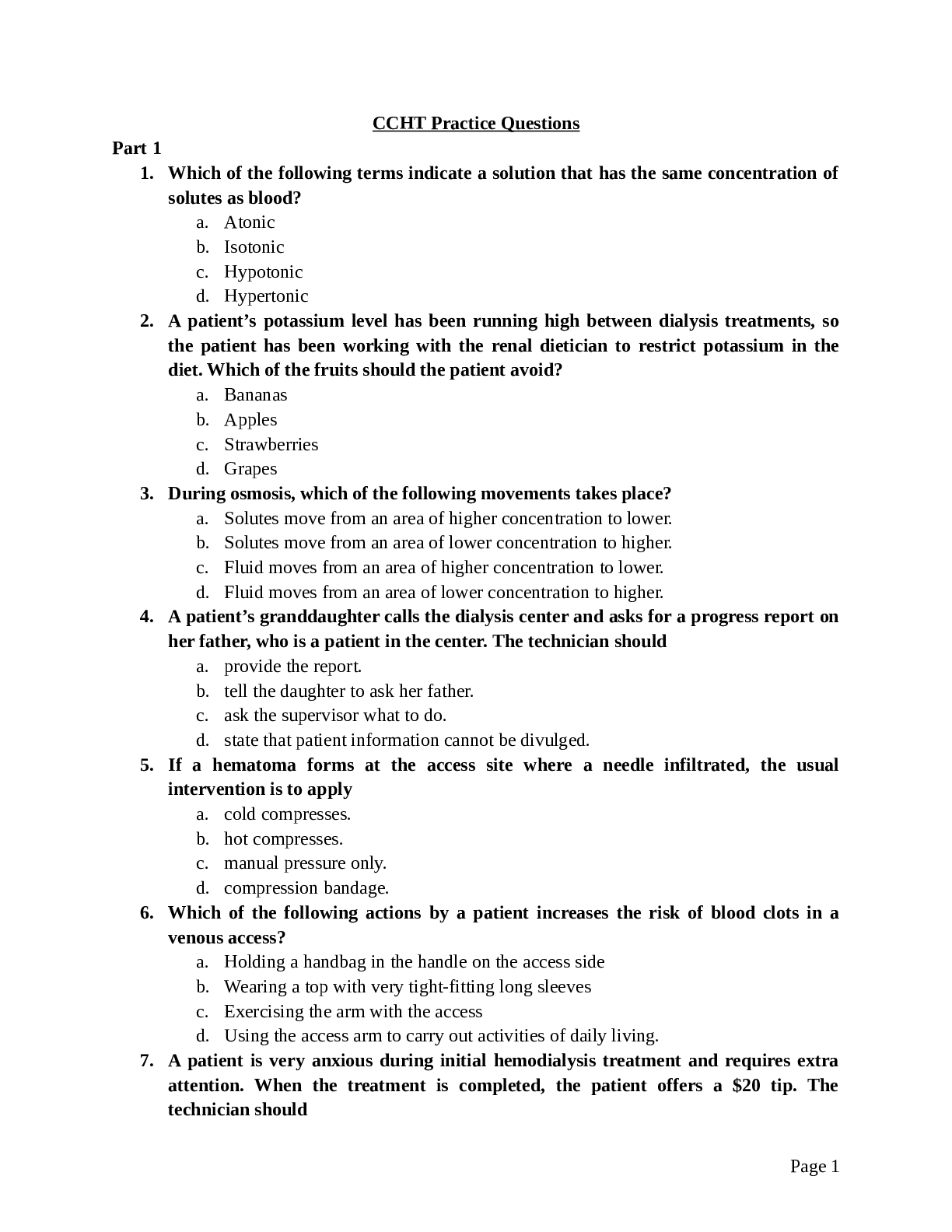

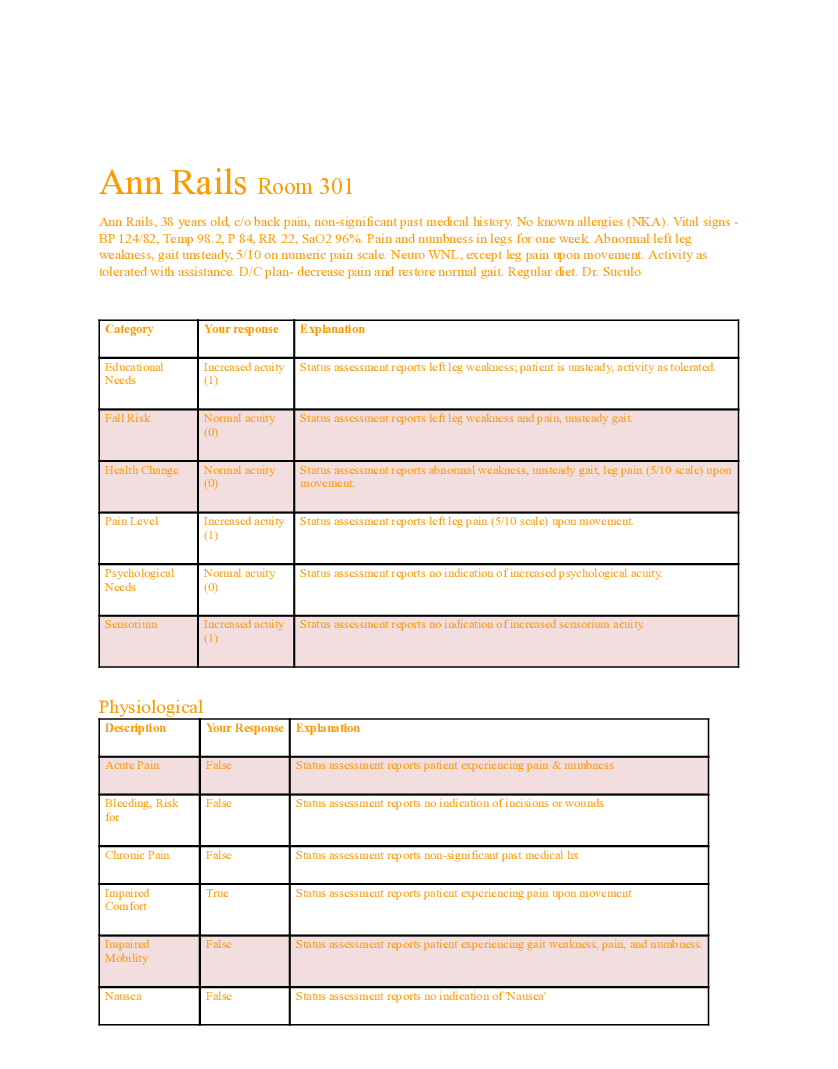

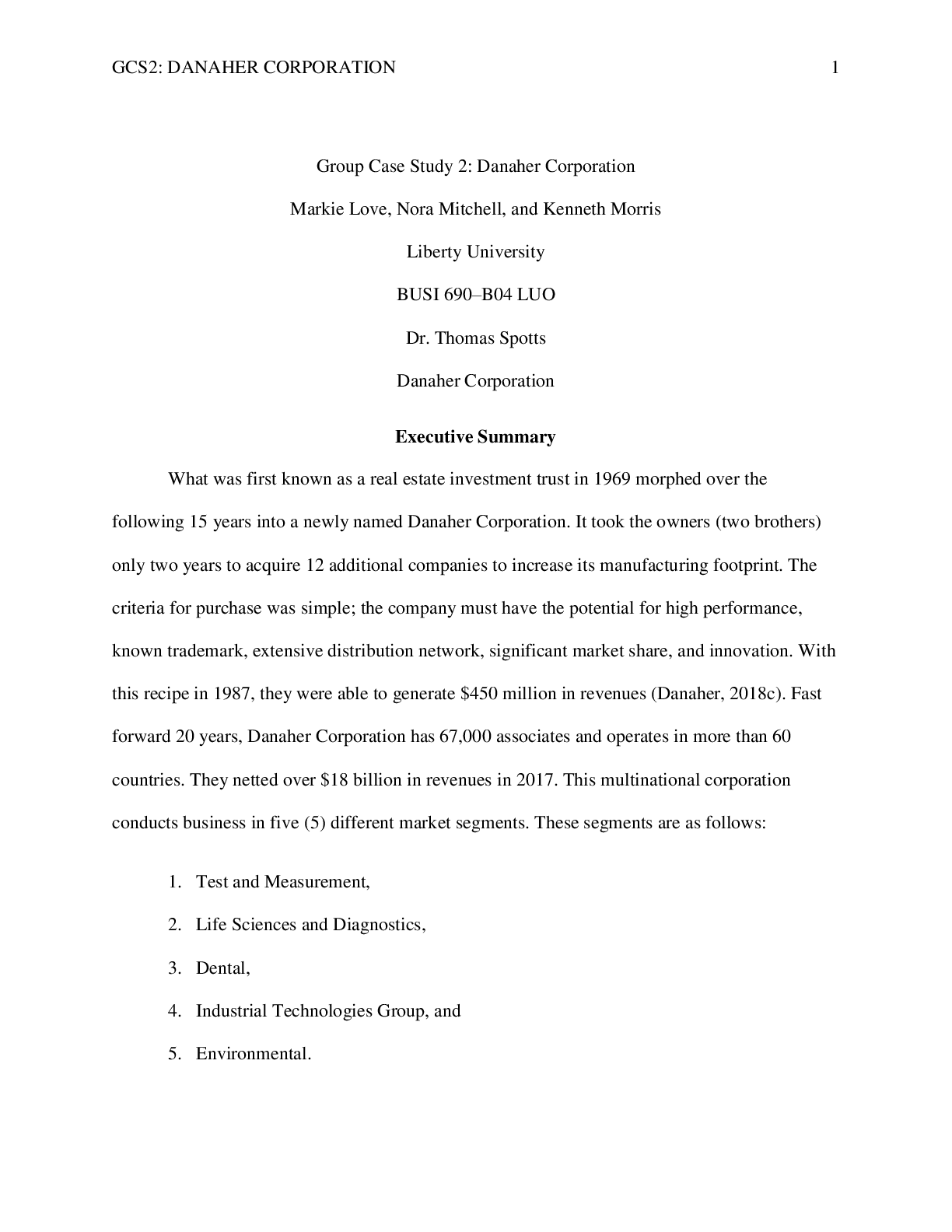
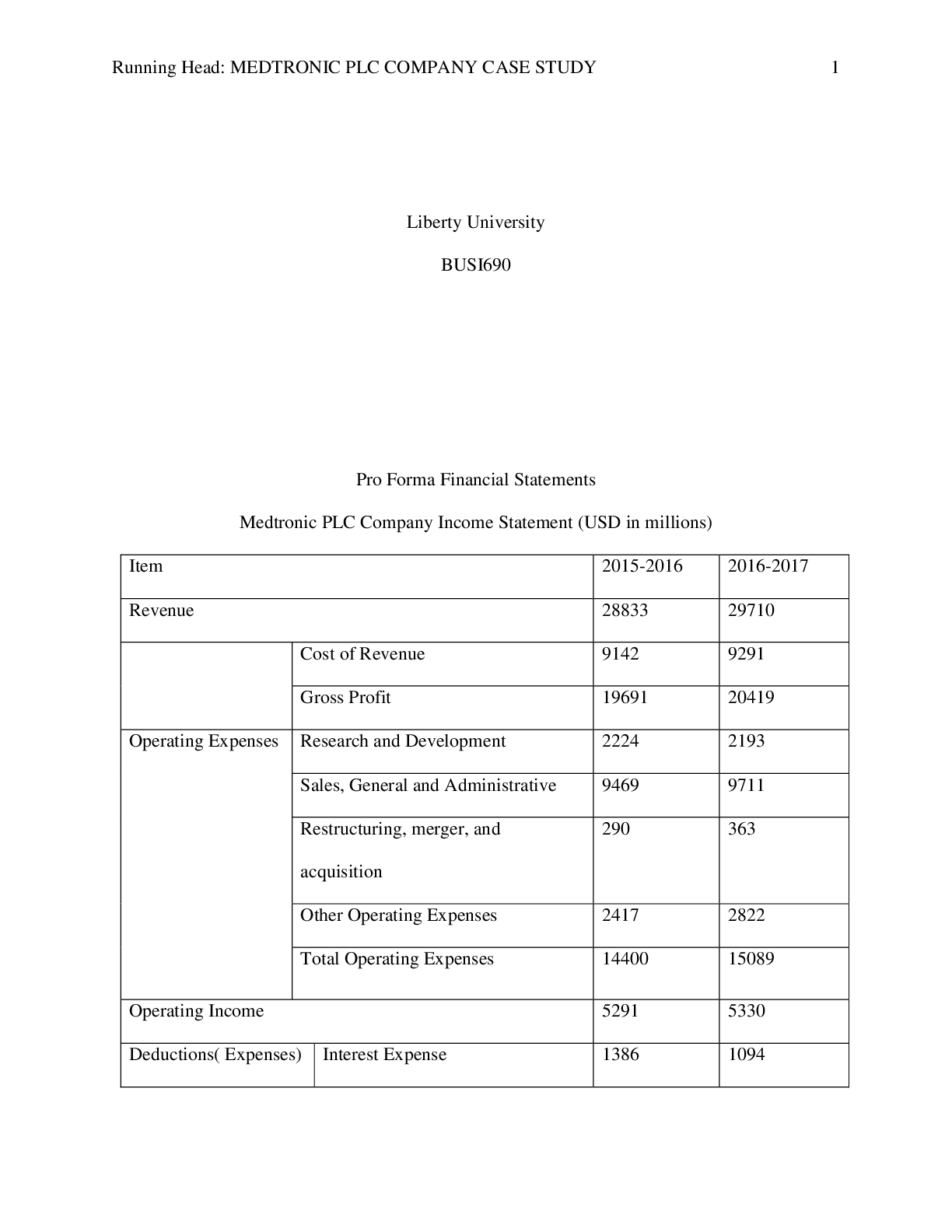
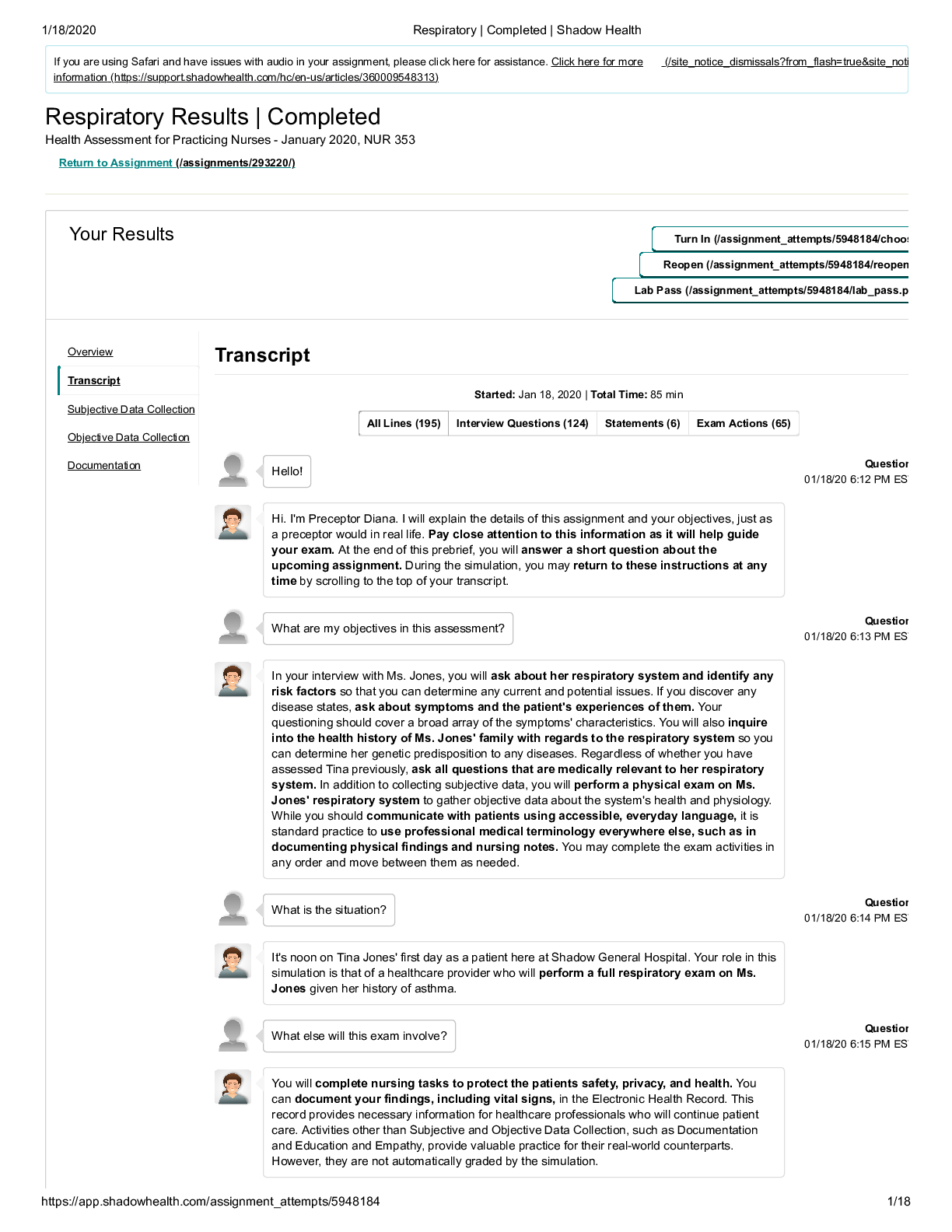

, April Peters, 10 years old, (Latest 2021) Correct Study Guide, Download to Score A.png)
 SKINNY Reasoning, April Peters, 10 years old, (Latest 2021) Correct Study Guide, Download to Score A.png)

